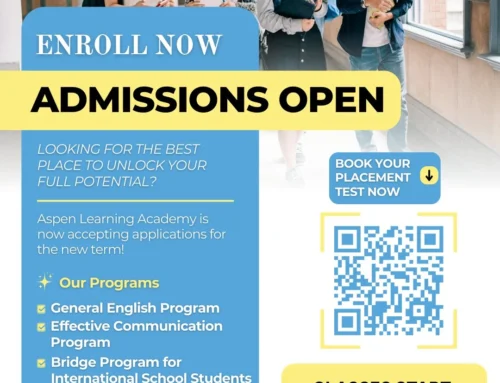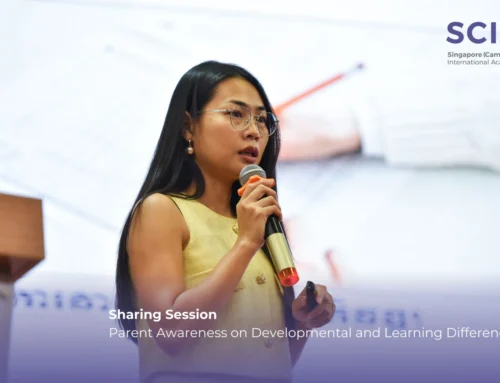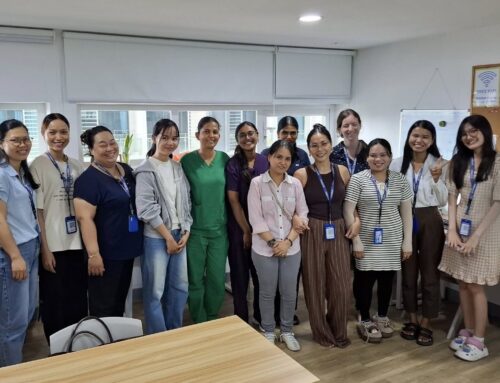Choosing the right school for your child is a significant decision for any parent. In Phnom Penh, the process can be particularly daunting given the diverse range of educational options available. This guide will help you navigate the key factors to consider and provide tips for making the best choice for your child’s education.
Understanding Your Child’s Needs
Every child is unique, and understanding your child’s specific needs is the first step in selecting the right school. Consider their learning style, interests, and any special educational needs. Some children thrive in a structured environment, while others do better in settings that offer more flexibility and creativity.
The Journey of Sopheak and Her Son Dara
Sopheak, a dedicated mother in Phnom Penh, faced the challenge of finding the best school for her seven-year-old son, Dara. Dara is an energetic and curious child who loves exploring nature and has a keen interest in science. However, Dara also struggles with attention and sometimes needs extra support to stay focused in class.
Sopheak knew that finding a school that could cater to Dara’s unique needs and interests would be crucial for his academic and personal growth. She began her search by researching various schools, both online and through word of mouth from other parents.
Researching School Options
Phnom Penh boasts a variety of schools, including international schools, private schools, and public schools. Each type has its own strengths and weaknesses. International schools often offer curricula from different countries, such as the International Baccalaureate (IB) or the British curriculum. They are known for their diverse student bodies and high academic standards but can be quite expensive.
Private schools in Phnom Penh offer a range of curricula and teaching styles. They are typically less costly than international schools and may provide a more localized educational experience. Public schools, on the other hand, are the most affordable option but may lack some of the resources and extracurricular opportunities found in private institutions.
Sopheak visited several schools to evaluate their facilities and programs. She was particularly impressed with a private school that offered a blend of traditional and modern teaching methods, along with a strong emphasis on science and environmental studies.
Evaluating School Quality
When assessing schools, consider factors such as accreditation, curriculum, facilities, and extracurricular activities. Accreditation from recognized bodies ensures that the school meets certain standards of quality. The curriculum should align with your educational values and goals for your child.
Visit schools to evaluate their facilities. Modern, well-maintained facilities can enhance the learning experience. Additionally, a strong extracurricular program can provide valuable opportunities for personal growth and skill development.
Teacher Qualifications and Teaching Style
The quality of teaching is crucial to your child’s success. Look into the qualifications and experience of the teaching staff. Schools with highly qualified and experienced teachers are more likely to provide a high-quality education.
Consider the teaching style as well. Some schools emphasize rote learning and standardized testing, while others focus on critical thinking and hands-on learning. Choose a teaching style that suits your child’s learning preferences.
Sopheak found that the school she was interested in had a team of experienced teachers who were passionate about fostering a love for learning. The teaching style was interactive and hands-on, which she knew would be beneficial for Dara.
Class Size and Student-Teacher Ratio
Smaller class sizes and low student-teacher ratios can lead to more individualized attention and support for your child. This can be especially important for younger children or those with special educational needs.
School Culture and Values
Every school has its own culture and values. Ensure that the school’s ethos aligns with your family’s values. A positive school culture can significantly impact your child’s overall well-being and development.
Parent Involvement and Community
Strong parent involvement and a sense of community can enhance the educational experience. Look for schools that encourage parental participation and offer regular communication between teachers and parents. A supportive community can provide additional resources and networking opportunities.
Practical Considerations
Logistics are also important. Consider the school’s location, transportation options, and school hours. Proximity to your home or workplace can reduce stress and improve your child’s daily routine. Additionally, investigate the school’s policies on homework, discipline, and communication to ensure they align with your expectations.
After visiting several schools and weighing the pros and cons, Sopheak and Dara decided on the private school with a strong science program. Dara was excited about the school’s environmental club and hands-on science projects, and Sopheak felt confident in the school’s ability to support his learning needs.
Making the Final Decision
Once you have gathered all the necessary information, involve your child in the decision-making process. Visit the schools together, meet the teachers, and observe the environment. Trust your instincts and choose a school where your child feels comfortable and excited to learn.
Conclusion
Finding the best school in Phnom Penh requires careful consideration of various factors, from educational quality to practical logistics. By understanding your child’s needs and thoroughly researching your options, you can make an informed decision that sets the foundation for their future success. Sopheak’s journey with Dara is a testament to the importance of finding a school that aligns with your child’s interests and learning style.







